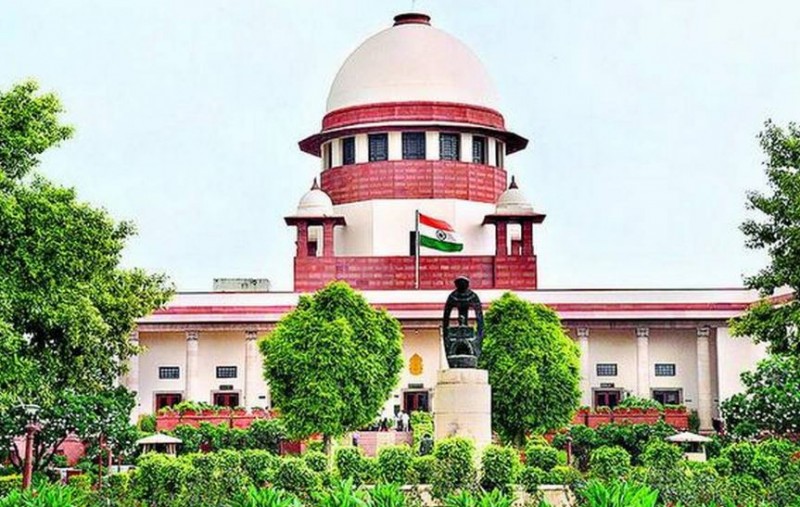
New Delhi: A public interest litigation (PIL) has been submitted to the Supreme Court challenging the recently amended criminal law bills: Bharatiya Nyaya Sanhita, 2023, Bharatiya Sakshya Adhiniyam, 2023, and Bharatiya Nagarik Suraksha (Second) Sanhita, 2023. The petitioners are urging the court to issue a notice for the immediate formation of an expert committee to assess the viability of these new laws, which aim to overhaul the country's criminal justice system by replacing the Indian Penal Code (IPC) of 1860, the Code of Criminal Procedure (CrPC), and the Indian Evidence Act of 1872.
Filed by Anjali Patel and Chhaya through advocates Sanjeev Malhotra and Kunwar Siddhartha, the petition seeks to halt the implementation of the three new criminal laws. According to the plea, the proposed bills are flawed and contain numerous discrepancies. Initially withdrawn and subsequently revised, the bills were passed by Parliament on December 21, 2023, and published in the Gazette Notification on December 25, 2023, thereby becoming law.
The petition argues that this is the first significant reform of criminal laws at such a scale, purportedly to eliminate the remnants of colonial rule. However, the police system, a major symbol of colonial rule, remains largely unchanged and in need of reform. The Bharatiya Nyaya Sanhita retains most offenses from the IPC of 1860, introduces community service as a form of punishment, and removes sedition as an offense. Instead, it introduces a new offense for acts endangering the sovereignty, unity, and integrity of India, as well as adding terrorism and organized crime as offenses. Organized crime now includes activities such as kidnapping, extortion, and cyber-crime committed by crime syndicates. Additionally, murder by a group of five or more persons based on identity markers like caste or language now carries a penalty ranging from seven years to life imprisonment or death.
The petition also highlights that the new laws allow for up to 15 days of police custody, which can be authorized incrementally during the initial 40 to 60 days of the 60 or 90 days period of judicial custody. This could potentially lead to denial of bail for the entire period if the police have not exhausted the 15 days of custody.
Furthermore, the petition points out irregularities in the passing of the bills in Parliament, noting that many members were suspended, resulting in minimal participation and no substantial debate or challenges to the elements of the bills.
Fatal Car Accident in Jammu and Kashmir's Reasi District Leaves One Dead, Three Injured
PM Modi Praises Indian Universities for Global Ranking Success
NSUI Workers Storm NTA Office Over NEET Exam Irregularities